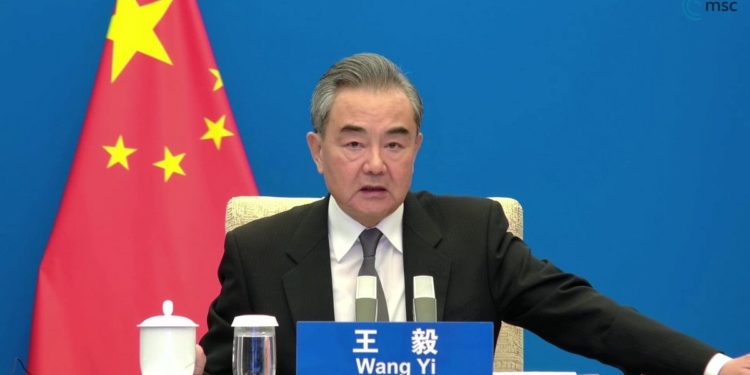The International Monetary Fund (IMF) has recommended that in 2023, China should redirect government spending towards households, loosen monetary policy, and take additional steps to support the real estate industry
Authorities need to prevent a premature policy tightening and accelerate structural reforms such as levelling the playing field between state-owned and private enterprises to lift long-term growth prospects, the IMF said in a report released Friday.
Services sector activities have rebounded quickly this year after the abrupt exit from Covid Zero in December led to a swift peak in infections. However, the recovery of the industrial sector has been muted due to the Lunar New Year holiday.
The IMF sees “recovery for an economy that’s still operating below potential” in 2023. However, additional monetary easing is needed,” and inflation pressure is muted, said Sonali Jain-Chandra, mission chief for China, during a press briefing on Friday.
The lender further projected that the Chinese economy will expand 5.2% this year, up from 3% in 2022, driven by a rebound in private consumption.
The impact on global inflation from China’s economic reopening and rebound will be “limited” as energy prices have been declining and will stay lower than projected, according to Thomas Helbling, the IMF’s deputy director for the Asia and Pacific department.
The IMF also urged authorities to reform the fiscal framework to address “unsustainable” local government finances dependent on real estate for revenues and collateral for off-balance sheet borrowing. A property tax should be introduced in the longer term to help the sector transform into a more sustainable model.
Read also; China’s Economic Growth Falls to 3% in 2022 on the Back of COVID-19 Resurgence.




